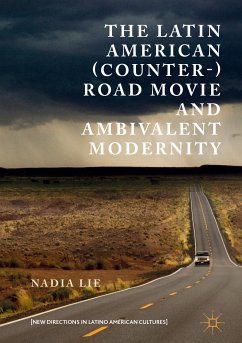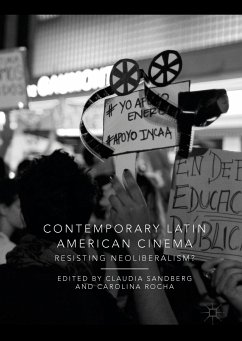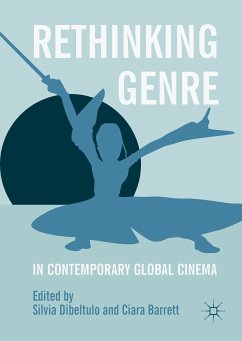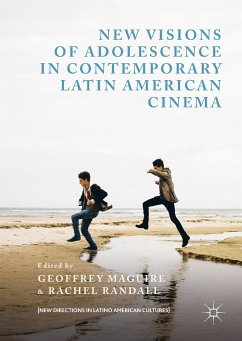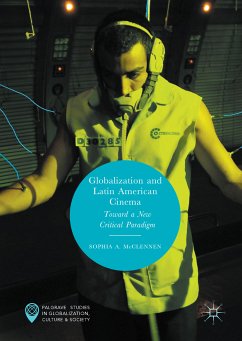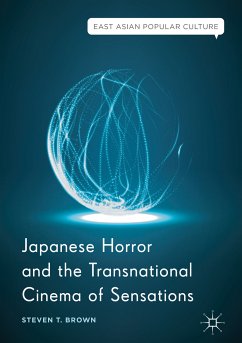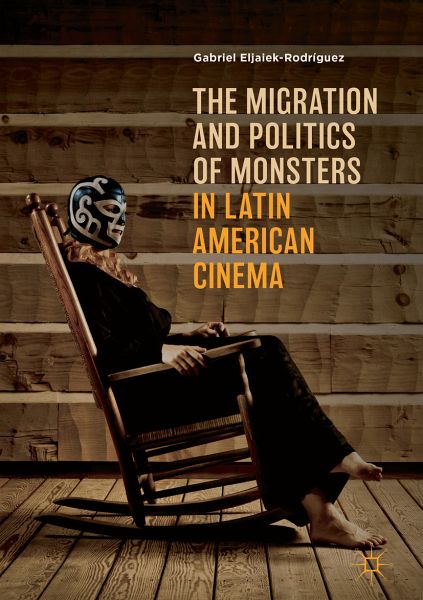
The Migration and Politics of Monsters in Latin American Cinema (eBook, PDF)
Versandkostenfrei!
Sofort per Download lieferbar
46,95 €
inkl. MwSt.
Weitere Ausgaben:

PAYBACK Punkte
23 °P sammeln!
The Migration and Politics of Monsters in Latin America proposes a cinematic cartography of contemporary Latin American horror films that take up the idea of the American continent as a space of radical otherness, or monstrosity, and use it for political purposes. The book explores how Latin American film directors migrate foreign horror tropes to create cinematographic horror hybrids that reclaim and transform monstrosity as a form of historical rewriting. By emphasizing the specificities of the Latin American experience, this book contributes to broad scholarship on horror cinema, at the sam...
The Migration and Politics of Monsters in Latin America proposes a cinematic cartography of contemporary Latin American horror films that take up the idea of the American continent as a space of radical otherness, or monstrosity, and use it for political purposes. The book explores how Latin American film directors migrate foreign horror tropes to create cinematographic horror hybrids that reclaim and transform monstrosity as a form of historical rewriting. By emphasizing the specificities of the Latin American experience, this book contributes to broad scholarship on horror cinema, at the same time connecting the horror tradition with contemporary discussions on violence, migration, fear of immigrants, and the rewriting of colonial discourses.
Dieser Download kann aus rechtlichen Gründen nur mit Rechnungsadresse in A, B, BG, CY, CZ, D, DK, EW, E, FIN, F, GR, HR, H, IRL, I, LT, L, LR, M, NL, PL, P, R, S, SLO, SK ausgeliefert werden.



